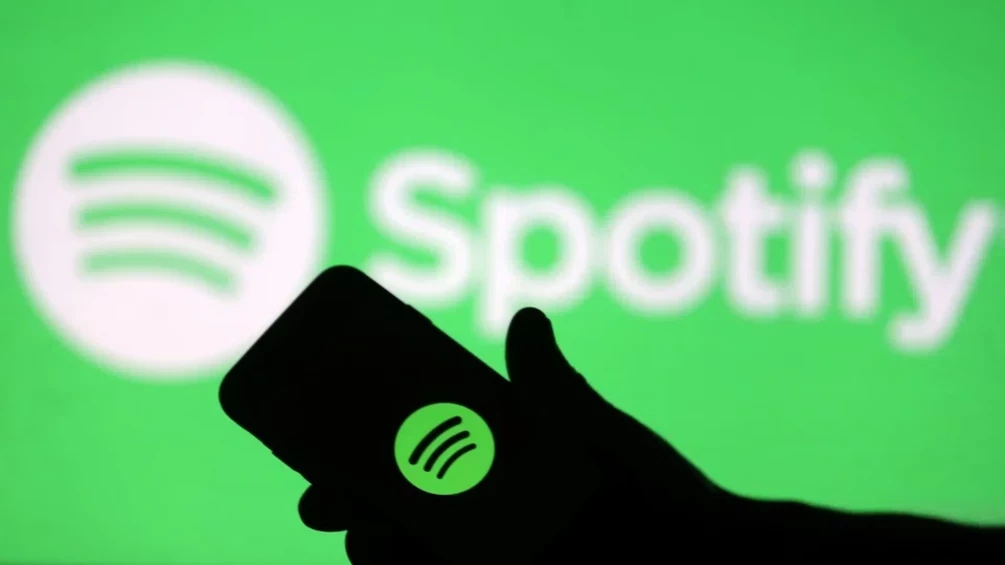
Spotify and Universal Music Group (UMG) have unveiled a new multi-year licensing deal for recorded music and music publishing, which claims to focus on "growth, innovation and the advancement of artists’ and songwriters’ success."
In a statement published by UMG yesterday (26th January), chairman and CEO Sir Lucian Grainge described the "Streaming 2.0" deal as the "next stage in the evolution of music subscription".
The new agreement will see the two music industry leaders "collaborate closely" on setting up a "direct license" in the US and several other countries, renewing both companies' "commitment to artist-centric principles". As Billboard points out, this is the first direct deal between Spotify and a publisher since the emergence of the Music Modernization Act in 2018.
"This is precisely the kind of partnership development we envisioned," said Grainge. "This agreement furthers and broadens the collaboration with Spotify for both our labels and music publisher, advancing artist-centric principles to drive greater monetization for artists and songwriters, as well as enhancing product offerings for consumers."
Meanwhile, Spotify boss Daniel Ek highlighted the company's "commitment to return the music industry to growth," ensuring that they "deliver record payouts to the benefit of artists and songwriters each new year."
"This partnership ensures we can continue to deliver on this promise by embracing the certainty that constant innovation is key to making paid music subscriptions even more attractive to a broader audience of fans around the world,” said Ek.
Last year, a report by Billboard estimated that Spotify will pay songwriters and publishers approximately $150 million less in 2025 than they have done previously, despite reporting a revenue increase to €4 billion in November. Last year, the company moved to demonetise all tracks on the platform with under 1,000 streams. It was part of a new royalty policy which aimed to target "functional" non-noise music.
In December last year, a report published by Harper's Magazine alleged that Spotify is filling some of its biggest music playlists with work by "ghost artists", a group of musicians who create large amounts of music to be distributed specifically across the streaming platform. According to journalist Liz Pelly – who recently released a book,. Mood Machine: The Rise Of Spotify And The Costs Of The Perfect Playlist – the music that is provided through these means is subject to lower royalty rates, and ultimately helps boost Spotify's profit margins
Last week, it was revealed that Spotify donated $150,000 to Donald Trump's recent inauguration ceremony. As reported by Bloomberg, the streaming behemoth also hosted a brunch the day before the ceremony attended by a number of high-profile, Trump-supporting podcasters associated with Spotify, including Joe Rogan, Ben Shapiro and Tim Pool.
